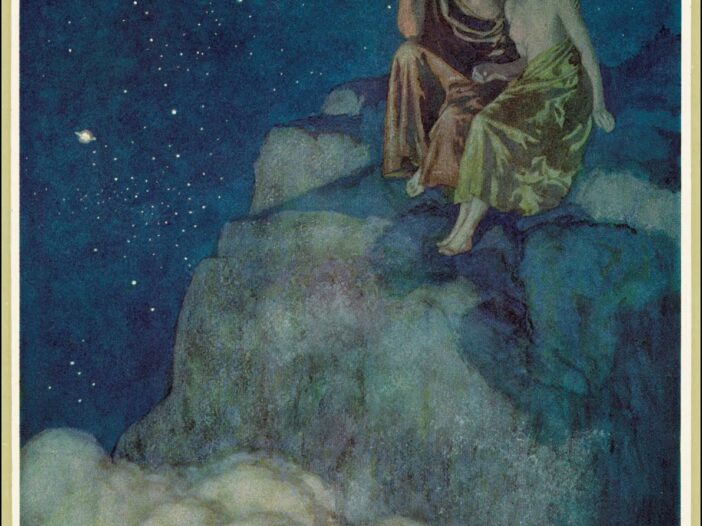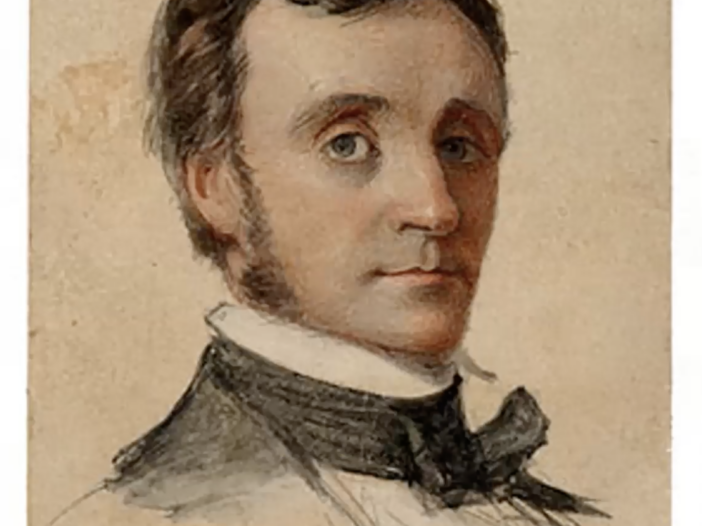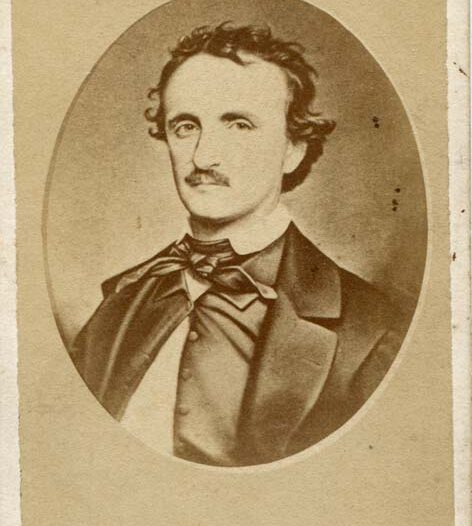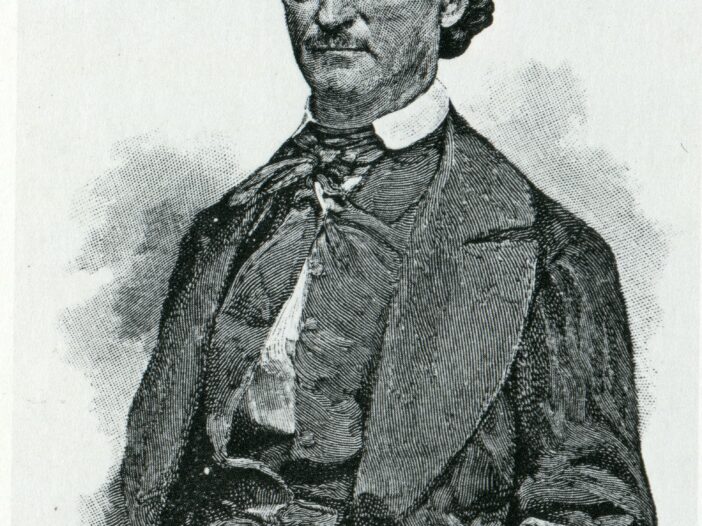Al Aaraaf
Part I.
O! Nothing earthly save the ray[Thrown back from flowers] of Beauty's eye,As in those gardens where the daySprings from the gems of Circassy —O! nothing earthly save the thrillOf melody in woodland rill —Or [music of the passion-hearted]Joy's voice so peacefully departedThat like the murmur in the shell,Its echo dwelleth and will dwell —With nothing of the dross of ours —Yet all the beauty — all the flowersThat list our Love, and deck our bowersAdorn yon world afar, afar —The wandering star —’Twas a sweet time for Nesace — for thereHer world lay lolling on the ...
Poe's Works
To M —
To M --
1
O! I care not that my earthly lotHath — little of Earth in it —That years of love have been forgotIn the fever of a minute —
2
I heed not that the desolateAre happier, sweet, than I —But that you meddle with my fateWho am a passer-by.
3
It is not that my founts of blissAre gushing — strange! with tears —Or that the thrill of a single kissHath palsied many years —
4
‘Tis not that the flowers of twenty springsWhich have wither’d as they roseLie dead on my heart-stringsWith the weight of an age of snows.
5
Nor that the ...
An Acrostic
An Acrostic
Elizabeth it is in vain you say“Love not” — thou sayest it in so sweet a way:In vain those words from thee or L. E. L.Zantippe's talents had enforced so well:Ah! if that language from thy heart arise,Breathe it less gently forth — and veil thine eyes.Endymion, recollect, when Luna triedTo cure his love — was cured of all beside —His folly — pride — and passion — for he died.
Edgar Allan Poe
Manuscript written around 1829. First published posthumously in 1911. ...
X-ing a Paragrab
X-ing a Paragrab
As it is well known that the ‘wise men’ came ‘from the East,’ and as Mr. Touch-and-go Bullet-head came from the East, it follows that Mr. Bullet-head was a wise man; and if collateral proof of the matter be needed, here we have it — Mr. B. was an editor. Irascibility was his sole foible; for in fact the obstinacy of which men accused him was anything but his foible, since he justly considered it his forte. It was his strong point — his virtue; and it would have required all the logic of a Brownson to convince him that it was ‘anything else.’
I have shown that ...




